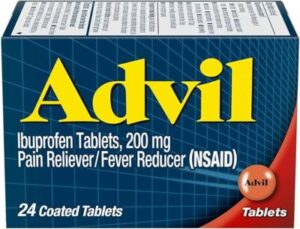C-Reactive Protein (CRP) - An indicator for tissue Damage / Inflammation

Produced mainly in the liver, C-Reactive Protein is a plasma glycoprotein whose concentration increases dramatically during the acute phase inflammatory response
CRP is used as an in vitro diagnostic marker to recognize the presence of inflammation in the body and aids in the evaluation of the amount of injury to human body tissue. Normally absent in the blood, acute inflammation stimulates CRP production by the liver, such that a positive CRP, generally within 6 hours from onset, indicates an acute inflammatory process. When acute inflammation is no longer present, CRP levels return to near zero.
The standard CRP test.
- Assesses inflammatory action in chronic health problems (e,g, IBS, arthritis, auto-immune disease, chronic neuropathy)
- Tests for new infections (e.g. appendicitis, pathogenic microbes, post-operative infection)
A more sensitive CRP blood test can be used as a guideline marker of inflammation in your arteries and cardiovascular disease (A much better indicator than cholesterol levels):
- A CRP level under 1 mg /L of blood means you have a low risk for cardiovascular disease;
- 1 – 3 mg means your risk is intermediate;
- More than 3 mg is high risk;



















